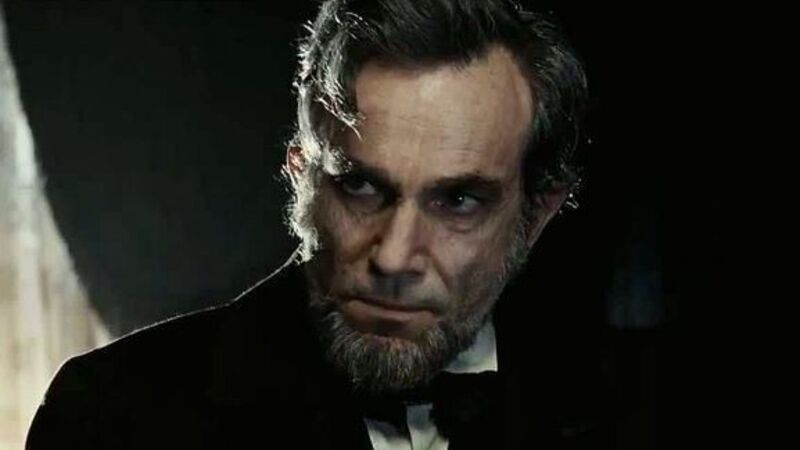Movie reviews: Lincoln

We all know how the story concludes, of course, but while Steven Spielberg’s latest film may want for conventional narrative tension, it’s a fabulously detailed character study of a flawed human being. Did Lincoln truly believe, courtesy of a Euclidian mathematical theory, that all men were created equal? Or was his championing of fast-track emancipation a cynical attempt to undercut the South’s power in the post-Civil War era? Either way, the noble conclusion to his campaign is achieved in sordid fashion, with Lincoln’s supporters — among them Thaddeus Stevens (Tommy Lee Jones) and William Seward (David Strathairn) — sent out with orders to buy Democrat votes in the time-honoured way of political horse-trading. Spielberg distances Lincoln from the realpolitik by suggesting that his hero knew nothing of the detail of the promises being offered, instead giving Day-Lewis full permission to play Lincoln as a wise, kindly sage bedevilled by small men with narrow minds. Day-Lewis is superb in the role, one moment emphasising the informality of the White House of the time by crawling on all fours to poke at a smouldering fire, the next embodying statesmanship by igniting his nation’s conscience with a fiery speech. An excellent supporting cast provides plenty of ballast but Sally Field deserves a special mention for her part as Mary Lincoln, a woman considered mentally unwell but forced to maintain her dignity as First Lady under the strain of losing a son.
Zero Dark Thirty (15A), Kathryn Bigelow’s film about the CIA’s pursuit of Osama Bin Laden, provides an intriguing counterpoint to Lincoln. It stars Jessica Chastain as CIA agent Maya, who is posted to Pakistan in 2001 in the immediate aftermath of al Qaeda’s 9/11 attack on the Twin Towers. Told over the course of a decade, the story is one of growing obsession and frustration as Maya finds herself lost in a world of smoke and mirrors as she attempts to pin down Bin Laden’s closest allies. It’s another noble quest, as was Abraham Lincoln’s, but where Steven Spielberg is at pains to distance Lincoln from the petty detail of securing votes, Bigelow places Maya at the dark heart of the CIA’s campaign, opening the film with the callow agent attending her first torture session. Chastain has emerged as one of Hollywood’s finest actresses in the last couple of years, and she’s in excellent form again here as she charts Maya’s progress from naïve but idealistic agent to a hardboiled obsessive. It’s a sprawling tale, moving from Pakistan and Afghanistan to Poland, the Middle East and the US over the course of its ten years or so, and as such it lacks the quality of tension and immediacy that underpinned Bigelow’s Iraq-set Oscar-winning movie The Hurt Locker (2009). That said, it is for the most part a compelling tale, not least because she has caused something of a controversy in terms of whether or not it endorses the use of torture for the sake of a greater ideal.











